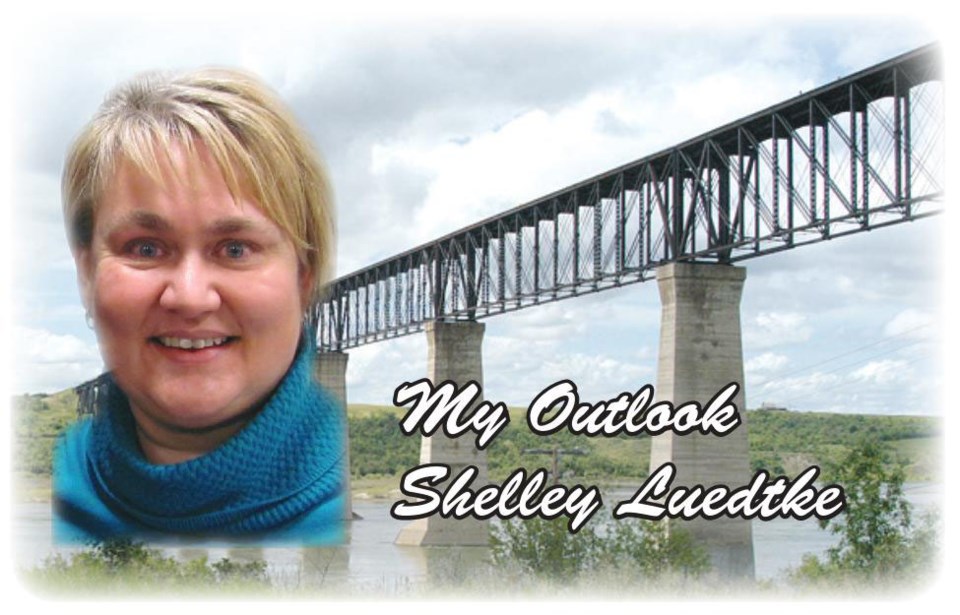I loved going to summer camp. From the time I was a baby, I went to Bible camp, either with the whole family or, when I was old enough, on my own. Since we lived in several places I have fond memories of different camps, but while the settings may have been unique, so much of the camp experience was similar. Friends, music, crafts, learning, sports, campfires and amongst all that, there was another moment I anticipated each day. Just after quiet time (ugh) we waited for the bell to ring…the bell that sent kids flying out of campers and cabins over to the canteen.
Clutching our coins, we waited patiently for the line to inch forward so we could make our purchase. For me, there was no decision to be made. I wanted one thing. A bottle of white Cream Soda. I guess 'clear' Cream Soda is the proper term, but I always called the sweet flavoured pop white Cream Soda.
It turns out there's not a standard recipe for cream soda but by 1886 most bottlers were using vanilla to give the pop its flavour. Vanilla wasn't readily available and because it was considered a luxury spice at the time, the exotic flavouring made it a sought-after beverage.
Vanilla is one of the most expensive spices in the world, exceeded only by saffron, because it is a very labour-intensive product. Consider again the idea of vanilla being regarded as a luxury item, because today some have taken over that word and it has come to mean boring and bland.
It's rather curious, considering vanilla is the top choice when it comes to ice cream, but as popular a flavour as we may perceive it to be, we have redefined that word to mean plain, lacking in interest, and basic.
Yet vanilla is truly the furthest thing from dull. It is a member of the orchid family, one of more than 25,000 different species whose vast uses were trial and error experiments in the early 1800s, including its role in medicine. As those successful attempts were expanded, demand for vanilla rose sharply in the latter part of the century as it became the top flavour for, among other products, ice cream and soft drinks.
Today most vanilla-flavoured products don't contain real vanilla but rather a synthetic form, nonetheless, it's a product that elevates a food and pumps up the flavour. Yet that same vanilla, with its rich aroma and complex flavour profile, is now associated with a person or event considered ordinary, not special, or common.
To be called vanilla is an insult. In computer science and media, totally uninteresting programs are vanilla. It has also come to be used as degrading slang, particularly in the last decade.
This happens quite a lot though, doesn't it? Words, ideas and images that start out as one thing get poached by others and their original meaning gets lost, or even subverted, by another organization, group or cause.
So how is someone supposed to respond? To speak out against it is to risk being labelled, even branded, for stating what we believe when it goes against slogans dominating the public sphere. To say nothing leaves the impression that we are okay with what has been appropriated. So, do we stand up to say this is not okay and face the consequences inherent in that, or do we keep silent so as not to rock the boat? With dissension comes risk. Silence is interpreted as consent.
I know people who have cancelled streaming services because so much of the content being produced is contrary to the values they personally hold. Last week I heard about a family who pulled the plug on their vacation plans because they can no longer support the stances taken by the resort where they were headed. Taking a stand can have a cost. But isn’t the cost potentially much bigger if we don’t?
My heart broke after hearing the story of a young man who placed a drink order, not realizing that what he asked for now has connotations of a disgusting act. The harassment he experienced was nothing short of awful as people chose to ridicule rather than try and support. The offensive order? A drink flavoured with my beloved childhood beverage.
If we continue allowing symbols, words, and even food to be taken so far from their origin, what will be left? Perhaps it’s time to stand up, before there’s less and less ground to stand. That’s my outlook.




